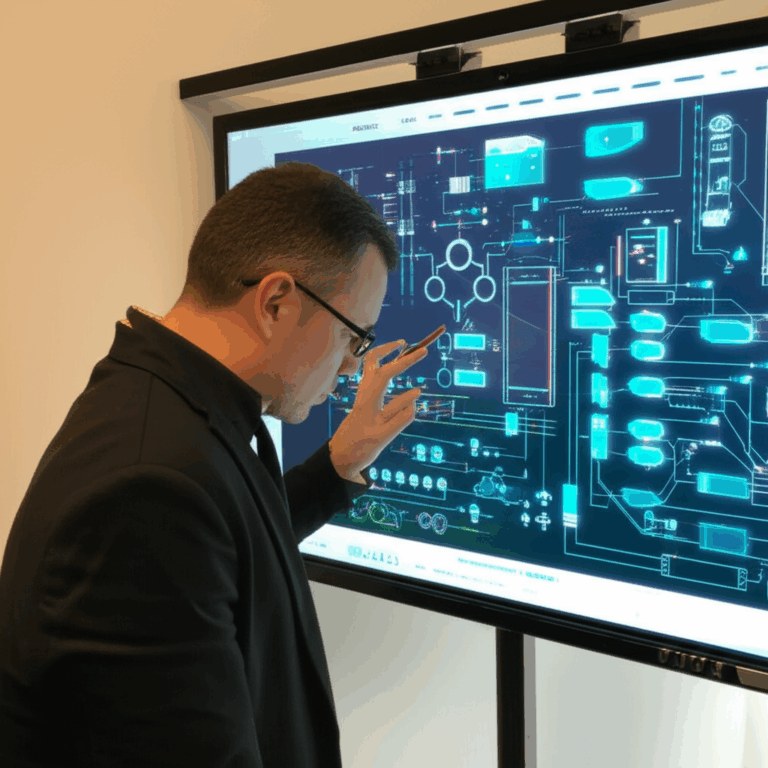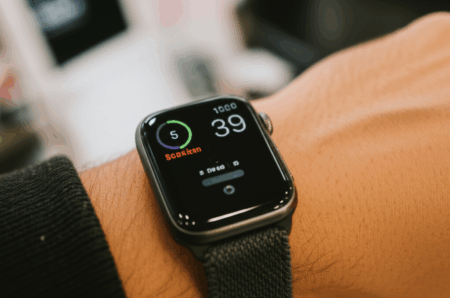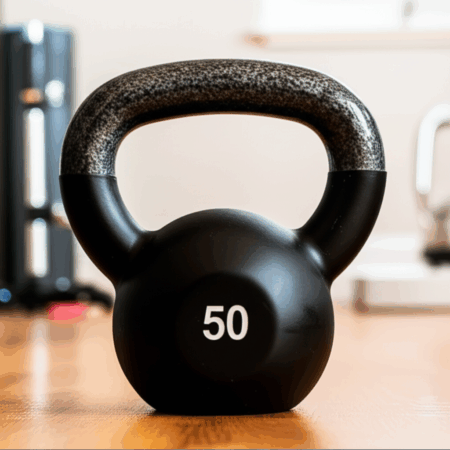The integration of Artificial Intelligence (AI) into daily life is rapidly expanding, transforming everything from communication to commerce. A particularly intriguing frontier lies within personal well-being, prompting the question: can advanced AI models like ChatGPT-5 truly revolutionize and streamline your fitness routine, potentially acting as your next gym coach? The answer, while nuanced, points to a future where AI plays an increasingly powerful, albeit supplementary, role in achieving health and fitness goals.
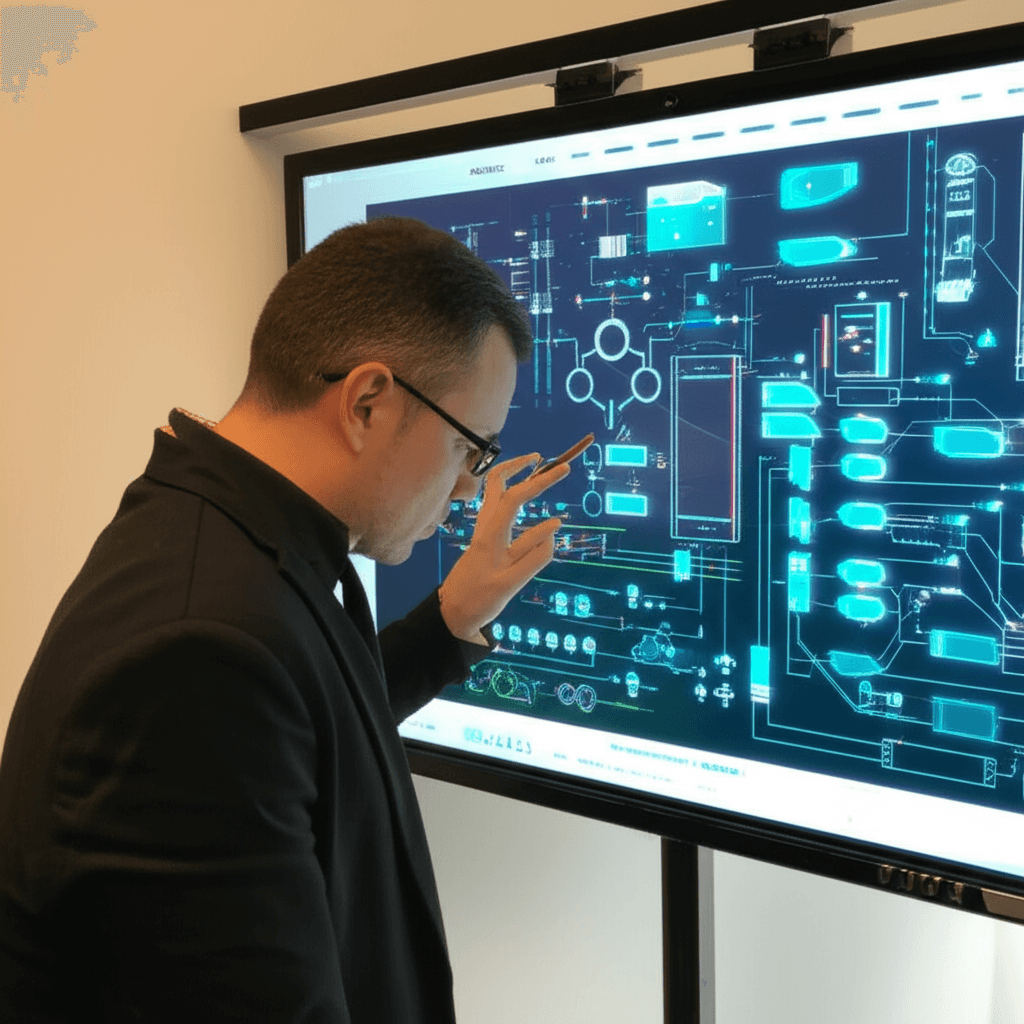
The Dawn of AI-Powered Fitness Coaching
AI has already made significant inroads into the fitness industry, primarily through specialized applications designed to personalize workouts and track progress. Apps like FitnessAI, Planfit, and Fitbod leverage AI and machine learning to generate custom workout plans, optimize sets, repetitions, and weights, and track muscle fatigue to prevent overtraining. These platforms adapt to user data, including goals, strength, training ability, and available equipment, providing a tailored experience.
With the arrival of more advanced language models such as ChatGPT-5, the capabilities extend beyond simple workout generation. ChatGPT-5 boasts smarter reasoning, sharper memory, improved writing, and advanced coding abilities, along with enhanced voice interaction and a “task feature” for scheduling reminders. These advancements suggest a more conversational, adaptive, and integrated AI experience for fitness enthusiasts.
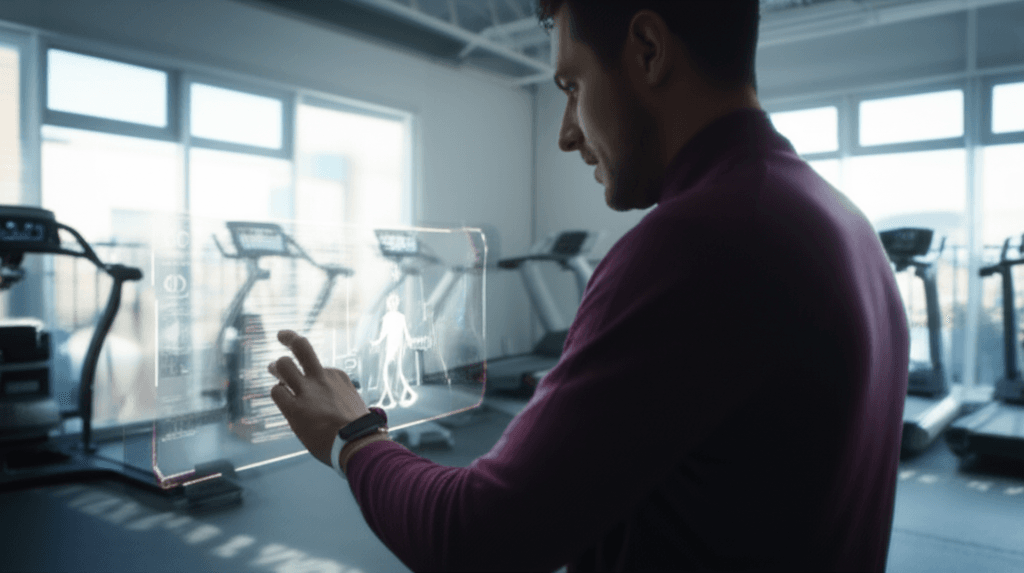
How Advanced AI Could Revolutionize Your Workout Experience
The capabilities of advanced AI models like ChatGPT-5 present several compelling avenues for streamlining fitness:
Hyper-Personalized Training Plans
AI can analyze a vast array of personal data—including age, weight, height, fitness level, goals (e.g., weight loss, muscle gain), past workout history, available equipment, and even potential injuries—to generate highly customized workout routines. This level of personalization far surpasses generic workout templates, ensuring that routines are optimized for individual needs and evolve as progress is made. AI tools can also adjust routines in real-time based on performance, adapting difficulty to keep users challenged and prevent plateaus.
Smart Nutrition and Meal Planning
Beyond workouts, AI can be a powerful ally in nutrition. By considering dietary restrictions, allergies, health goals, and even cooking preferences, AI tools can generate personalized meal plans, complete with recipe suggestions and grocery lists. Some AI nutrition platforms can even analyze food photos to provide instant nutritional breakdowns, tracking calories, macronutrients, and micronutrients, and offering suggestions for improvements. This alleviates the burden of manual meal planning and tracking, making healthy eating more effortless and effective.
Real-time Guidance and Form Correction
While currently more prevalent in specialized AI fitness apps with computer vision technology, the potential for advanced AI like ChatGPT-5 to integrate with such systems is significant. Such integration could enable real-time feedback on exercise form, leveraging smartphone cameras or smart devices to detect and correct improper movements. This feature is crucial for preventing injuries and maximizing the effectiveness of workouts, replicating a key benefit of a human personal trainer.
Enhanced Motivation and Accountability
Staying motivated and accountable is a common challenge in fitness. AI can help by sending personalized reminders for workouts and hydration, celebrating milestones, and offering encouraging messages. The new “task feature” in ChatGPT-5, for example, allows users to schedule prompts and receive suggested tasks, aiding consistency. This constant digital presence can serve as a powerful motivator, especially for individuals who struggle with self-discipline.
Accessibility and Cost-Effectiveness
One of the most significant advantages of AI fitness coaching is its accessibility. Unlike human personal trainers who require scheduled appointments and can be costly, AI is available 24/7, anywhere with an internet connection. This democratizes access to personalized fitness guidance, making it a more feasible option for a wider audience. Many AI fitness apps offer free versions or are significantly more affordable than traditional coaching.
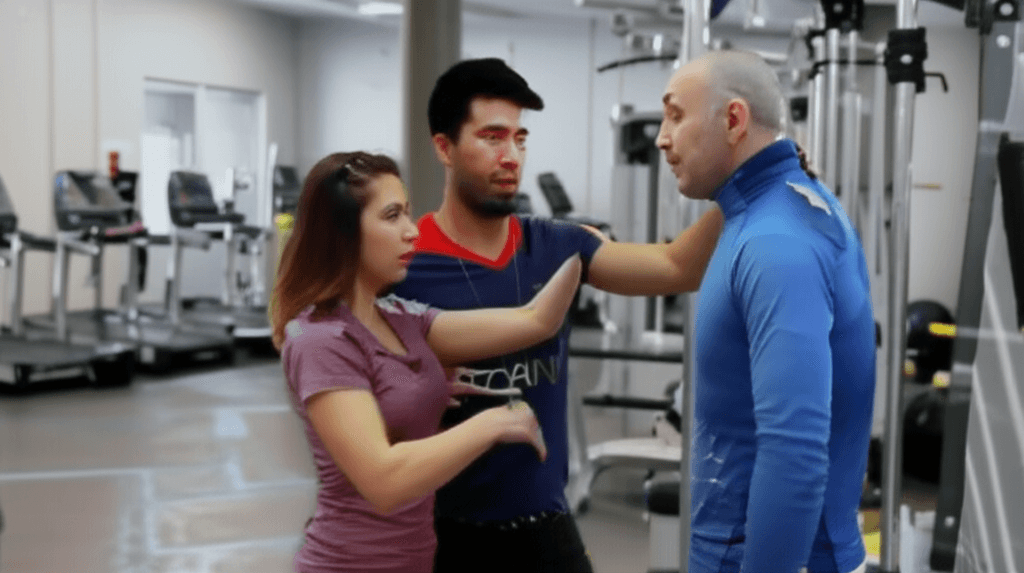
The Limitations: Where Human Coaches Still Excel
Despite the impressive capabilities and potential of AI in fitness, there are inherent limitations that highlight the irreplaceable value of human personal trainers.
Lack of Human Empathy and Nuance
AI, no matter how advanced, lacks genuine emotional intelligence and the ability to understand nuanced human behavior. A human trainer can pick up on subtle cues like body language, mood, and energy levels, adapting a session on the fly based on emotional as well as physical readiness. They provide empathetic support, celebrate wins with genuine enthusiasm, and offer unique motivational strategies that an algorithm cannot replicate.
Form Correction and Injury Prevention
While some AI-powered systems can offer real-time form correction, they still fall short of a human eye. A human coach can spot subtle misalignments or incorrect postures that digital technologies might miss, offering hands-on adjustments and providing alternative exercises if a movement is too challenging or risky. For beginners or individuals with pre-existing injuries, this human oversight is critical for safety and effective progression.
Data Dependency and Potential for Misinformation
AI algorithms are only as good as the data they are trained on. Inaccurate, incomplete, or outdated information can lead to faulty predictions and recommendations, potentially resulting in ineffective workouts or even injury. Users must provide accurate self-reported data for the AI to generate effective routines. While AI models are becoming more reliable, the risk of receiving inappropriate or less-than-optimal advice remains.
Data Privacy Concerns
Entrusting highly personal health data—including weight, medical history, dietary habits, and biometric information from wearables—to AI platforms raises significant data privacy and security concerns. Users must be mindful of how their sensitive information is collected, stored, and used by these AI-powered services.

The Future Synergy: AI and Human Expertise
Ultimately, the future of fitness likely lies not in AI completely replacing human coaches, but in a powerful synergy between the two. AI tools can handle the data processing, personalization, and administrative tasks, freeing human trainers to focus on the invaluable aspects of motivation, empathetic support, nuanced real-time feedback, and building genuine client relationships.
As AI technology continues to evolve, integration with wearable devices for real-time biometric monitoring and advanced computer vision for precise movement analysis will become more sophisticated. ChatGPT-5, or future iterations, could serve as an intelligent interface, interpreting complex data from various sources to provide actionable insights and conversational guidance. This “AI-augmented” approach could lead to highly predictive, preventive, and personalized health management, enhancing efficiency and access to wellness expertise for a broader population.
In conclusion, while ChatGPT-5 brings unprecedented potential to streamline fitness routines through hyper-personalization, smart nutrition, and enhanced accountability, it will likely serve as a powerful digital companion rather than a complete replacement for the human gym coach. The emotional connection, intuitive discernment, and hands-on guidance of a human trainer remain invaluable, suggesting a future where technology and human expertise collaborate for optimal fitness outcomes.




